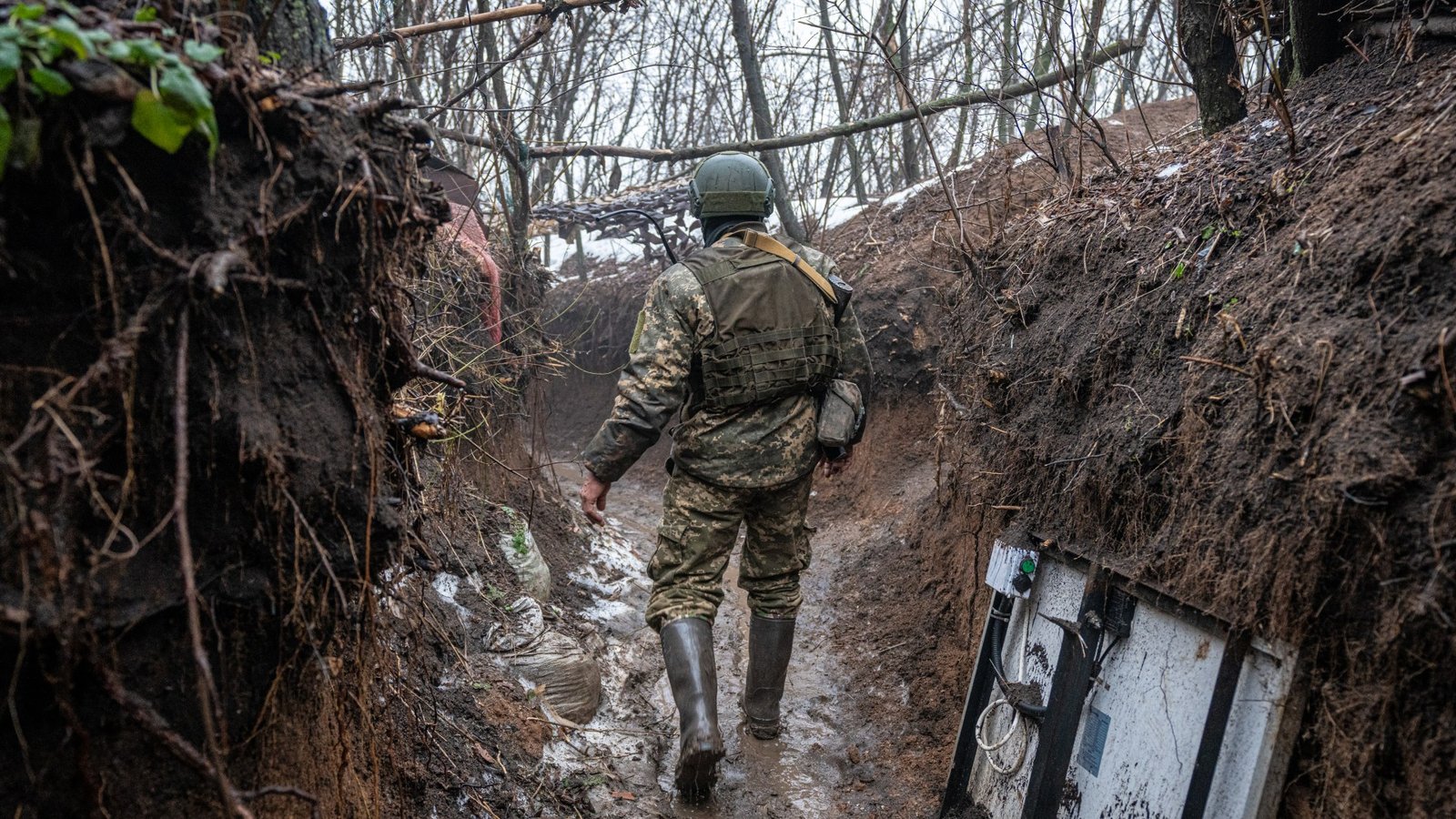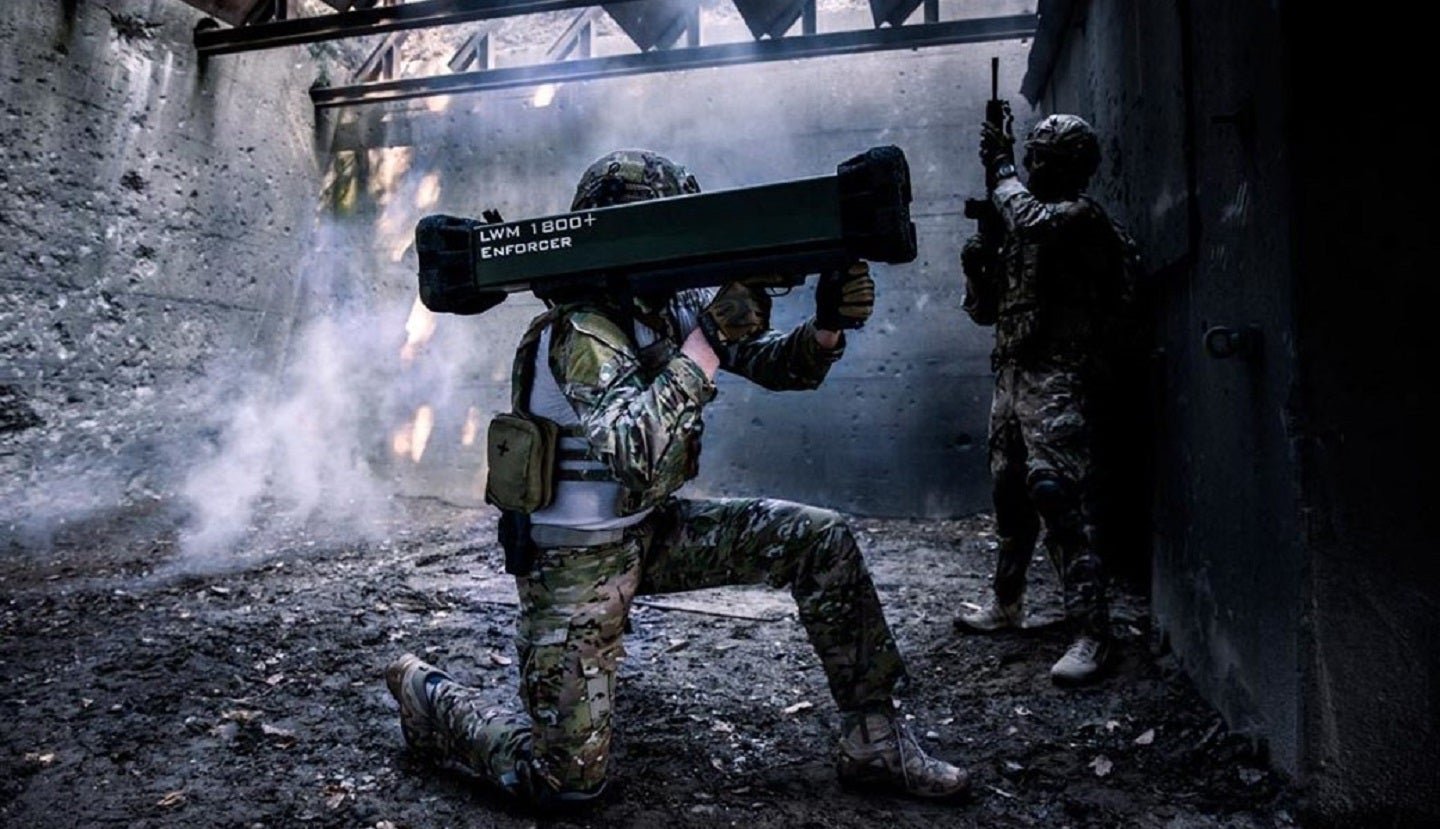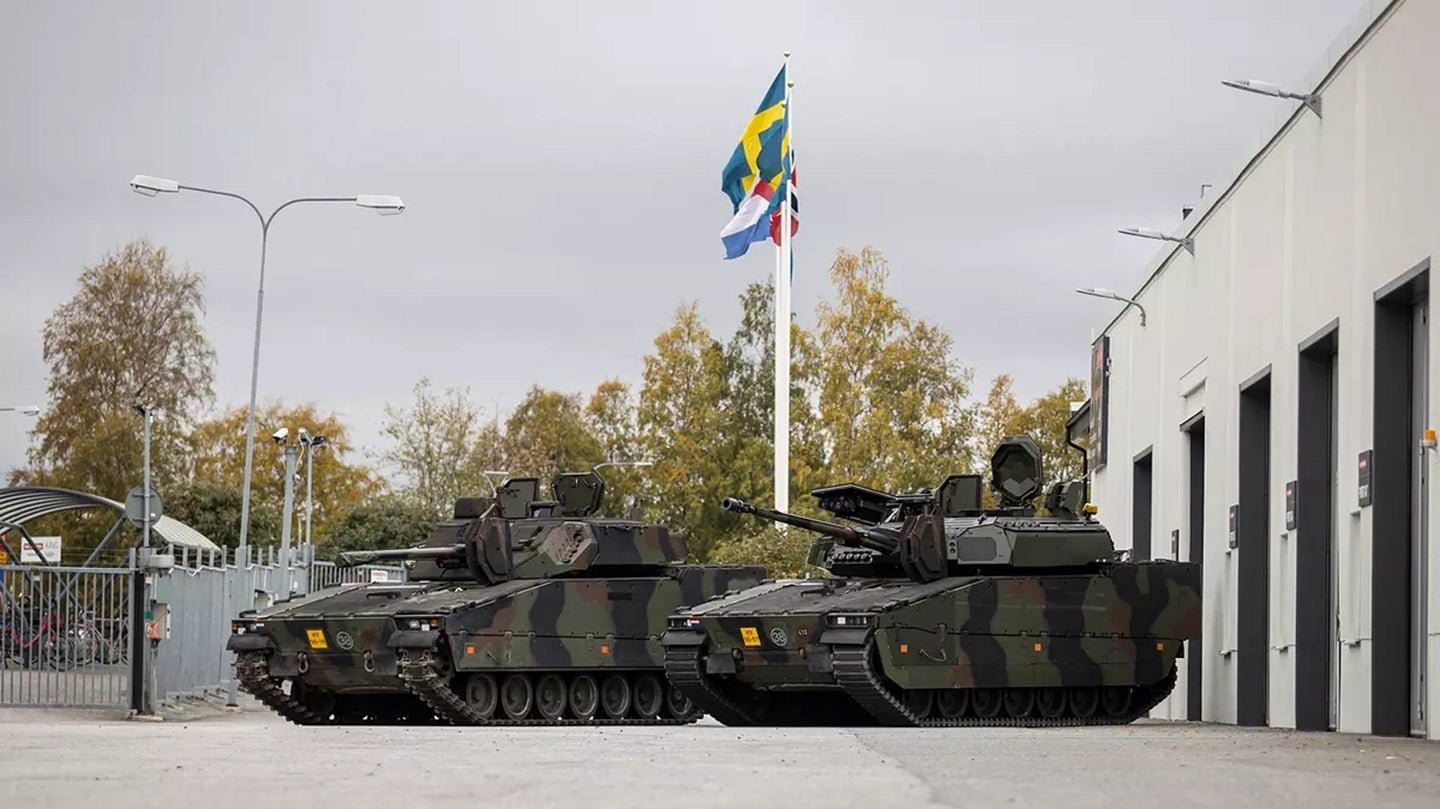A WAR hero who lost an arm and leg in Afghanistan says Brits would have to be dragged kicking and screaming if called up to fight Russia.
General Sir Patrick Sanders, Chief of the General Staff, today said fighting off Putin’s butchers in a potential WW3 would be a “whole-of-nation undertaking”.
But ex-Royal Marine Ben McBean, 36, says poor pay, conditions and shoddy veteran care give Brits absolutely no incentive to sign up.
Ben – seriously wounded by a Taliban blast in 2008 – told The Sun: “It’s not the same as back in the day, people aren’t as patriotic.
“That mentality is gone and it is going to be hard to get it back. You would have to drag people in kicking and screaming to get them to conscript.
“The adverts don’t help, the recruiting system isn’t great, the recruiting office where I live has closed down.
“The way the country is being run, and then people being skint and underpaid, there’s not a lot of incentive to want to fight for this country, even if it’s your own country.”
Sir Patrick – due to step down from his role in June – made the comments on Wednesday at the International Armoured Vehicles conference in West London.
He also called for a “shift” in the mindset of regular Brits to get mentally prepared that war with Russia could happen.
He added: “Our friends in eastern and northern Europe, who feel the proximity of the Russian threat more acutely, are already acting prudently, laying the foundations for national mobilisation.
“Ukraine brutally illustrates that regular armies start wars; citizen armies win them.”
Sir Patrick did not spell out what mobilisation in Britain would look like but demanded more military funding.
And he said the Army must grow from 75,000 to 120,000 in three years, but admitted even that’s “not enough”.
However, dad-of-two Ben said none of this will happen unless the Army changes across all fronts.
He said binning the “posh” old general image and putting relatable men and women front and centre for such calls to arms would appeal to the soldiers of tomorrow.
Ben, from Plymouth, added: “Get veterans into schools, get them young, by the time they’re 18 it is probably too late.”
Speaking from experience, he said many are also put off when they see vets get “mugged off” while trying to claim compensation if injured or discharged.
He explained: “There are veterans on the streets.
“And it is hard to justify to fight for a country that won’t look after you if you get injured.”
Over the past year, 16,260 personnel have left the Armed Forces.
In 2012, Capita was awarded a 10-year contract by the MoD to work on its recruitment, extended in 2020.
Over the past year, the firm – tasked with signing 9,813 people – has only got 5,000 signatures.
Rishi Sunak today ruled out conscription and insisted military service will remain voluntary.
A spokesman for the PM added: “There is no suggestion of that. The Government has no intention to follow through with that.
“The British military has a proud tradition of being a voluntary force. There are no plans to change that.”
The conflict between Ukraine and Russia has increasingly become a war of attrition with soldiers having to dig in across the eastern front.
Trench networks have been dug in multiple areas such as Kherson and Zaporizhia, while particularly savage fighting has waged in Vuhledar and Bakhmut.
When did the UK last have conscription?
- On the day Britain declared war on Germany, September 3 1939, Parliament immediately passed a new rule for conscription.
- The National Service (Armed Forces) Act imposed conscription on all males aged between 18 and 41 who had to register for service.
- Those medically unfit were exempted, as were others in key industries and jobs such as baking, farming, medicine, and engineering.
- Conscription helped greatly to increase the number of men in active service during the first year of World War 2.
- Following the end of the Second World War, a new National Service Act was passed that required all young men aged 17 to 21 to serve in the armed forces for 18 months.
- They would also have to remain on the reserve list for several years.
- National Service then continued until the last servicemen were demobbed in 1963.
- Conscientious objectors could refuse, but would face a tribunal at which they would be expected to justify their opposition to joining up.




















